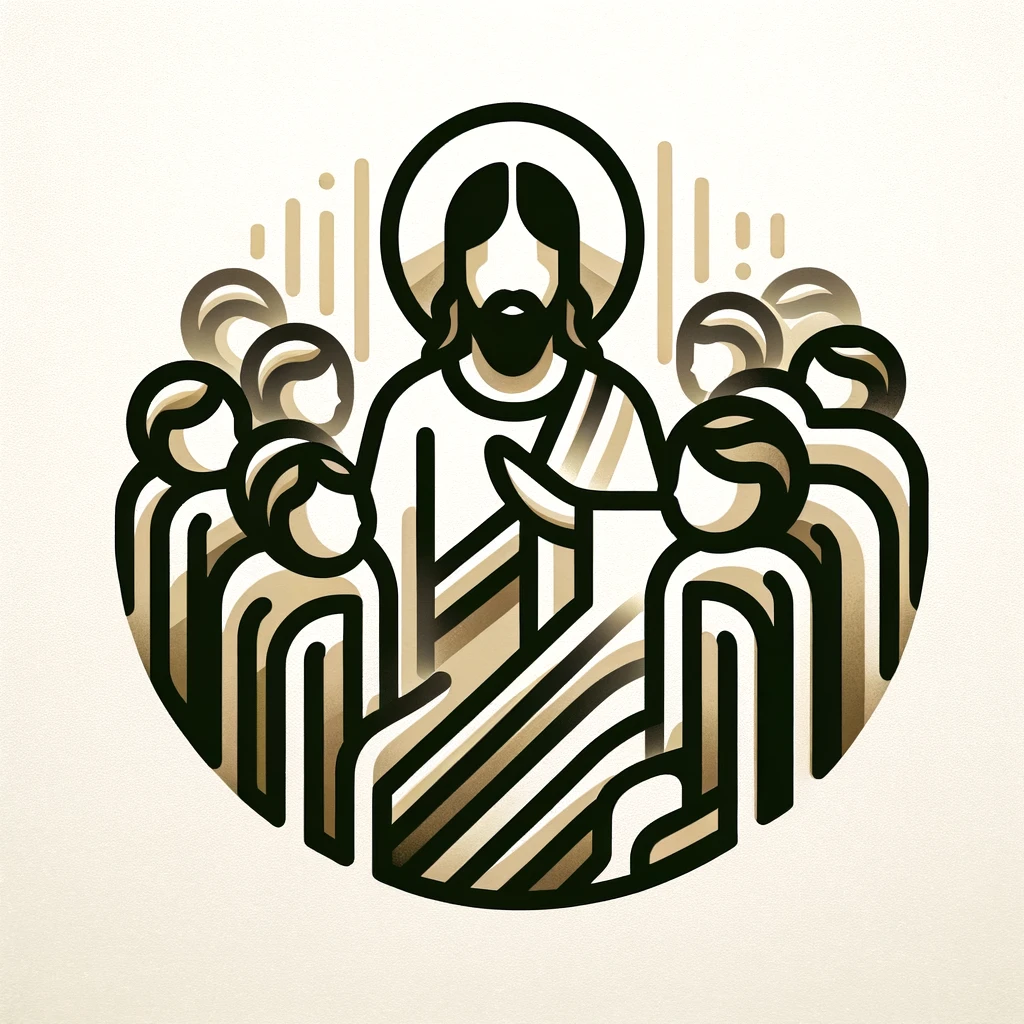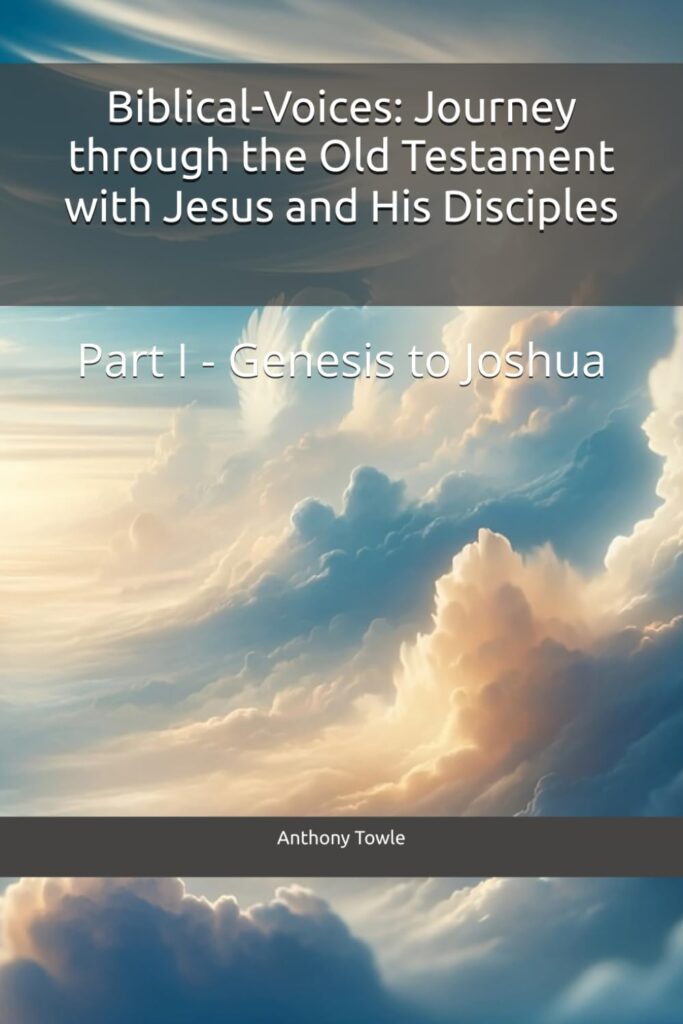Jesus: “The question of archaeological evidence and the events of the Bible is one that stirs both curiosity and debate. It’s important to approach this topic with an open heart and mind.”
Matthew: “In my own writings, I’ve sought to meticulously record the events and teachings of Your time on earth, Master. How do archaeology and history help us understand these better?”
Jesus: “Matthew, your efforts to document were guided by the Spirit, and similarly, archaeology serves as a tool to uncover the past. While not every event in the Bible has direct archaeological evidence, many findings support the historical context of the scriptures.”
John: “For instance, Master, are there sites or artifacts that corroborate the stories we hold dear?”
Jesus: “Indeed, John. Take, for example, the discovery of ancient cities mentioned in the Bible, like Jericho or Jerusalem. Excavations in these areas have uncovered layers of history that align with biblical timelines. Additionally, inscriptions and relics have been found that mention figures from the Bible, lending historical weight to their existence.”
Peter: “So, these discoveries… they strengthen our faith?”
Jesus: “They can, Peter, for those seeking affirmation of the Bible’s historical context. Yet, our faith is not solely built upon physical evidence but on the spiritual truths and the relationship we have with God. Archaeology provides a bridge between the past and the present, offering insights into the world of the Bible, but the foundation of our faith rests in the heart and the lived experience of God’s grace.”
Thomas: “But what about the skeptics, those who demand proof beyond the spiritual?”
Jesus: “Thomas, skepticism is a part of the human condition, and it’s natural to seek understanding through tangible evidence. While archaeology offers pieces of the historical puzzle, it may not answer every question. Our role is to share the message of love, forgiveness, and hope found in the scriptures, encouraging a personal journey of faith that goes beyond what can be excavated from the ground.”
Andrew: “So, it’s a balance between what we find in the earth and what we hold in our hearts.”
Jesus: “Precisely, Andrew. Let the discoveries of the past enrich your understanding but let your faith be guided by the Spirit. Remember, the greatest evidence of God’s work is not found in the ruins of old but in the transformation of lives today.”

